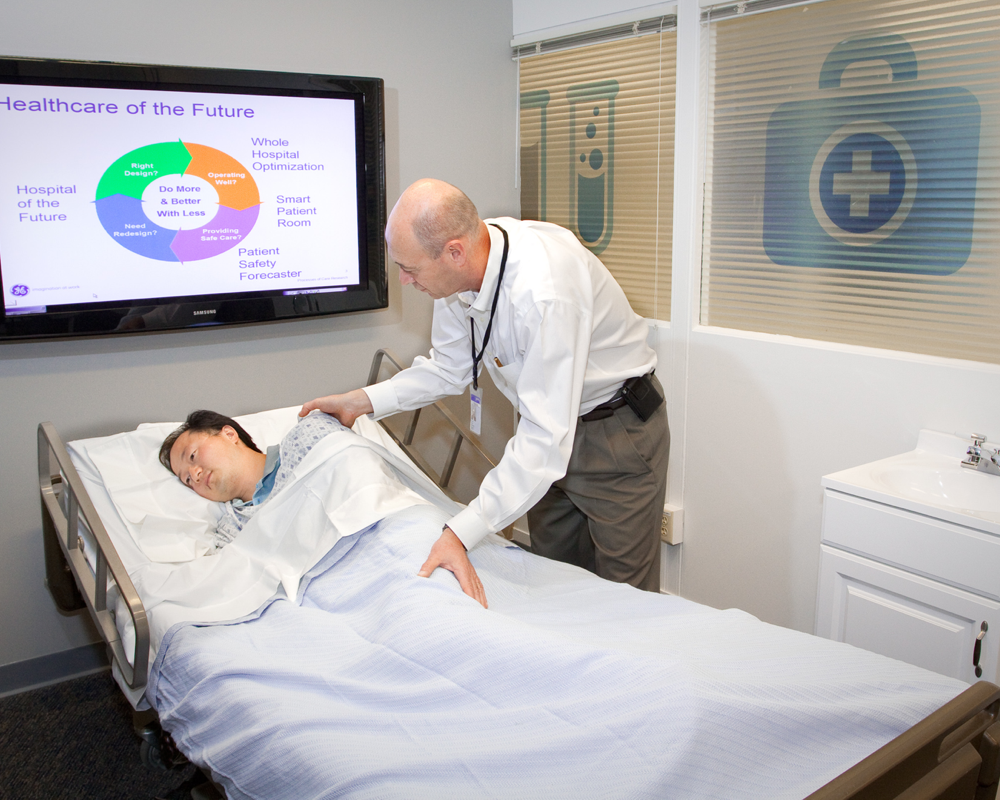GE Healthcare should price compliance and not just surveillance


(Picture from our Smartplanet log, via GE.)
Its main aim is to track interaction between caregivers and patients. The hope is it can eliminate "never events," hospital infections like one that nearly killed former GE chairman Jack Welch last year.
The aim is laudable.
Many reformers are aiming at the same thing. It's behind the work of Peter Pronovost on checklists, behind Atul Gawande's book on the subject, and behind the 100,000 Lives campaign of Donald Berwick, which landed him the job as head of the Centers for Medicare and Medcaid Services (CMS).
The problem, in expanding this trial into the market, will mainly be one of cost. Privacy concerns raised by some analysts are nonsense. Caregivers are employees, they're at work, the expectation of privacy for misbehavior at work does not exist.
That does not mean we should not listen carefully to the pushback, as in this piece from an Albany Times-Union writer who is shocked, shocked that nurses are supposed to wash their hands both before and after touching someone.
She may be on to something.
Checklists and procedures, reinforced through training, may get us 80-90% of where we need to be, if we're serious about it. The GE room is designed around those other 10-20% of incidents that happen because of attitudes like that of the Times-Union's Cathleen Crowley, who wrote "That’s more than 3 hours of hand-washing a shift! Yikes, what do you think?"
What I think is you have a point there. And maybe GE shouldn't be going at this problem alone, with technology aimed at making every nurse feel like she's on TV all day and night.
The problem may not be people forgetting protocols at all. It may be that washing hands 200 times a shift is going to leave you looking like Betty White before you're 30. (Not that there's anything wrong with that.)
So maybe GE should find a way to incorporate that approach in its solution. A lot of people are working in that direction. I Googled a few.
Here's an approach, a towel which disinfects with ultraviolet light and can be recharged with a solar battery. Or this approach, from Germany, using plasma gas to sterilize quickly and efficiently.
Smarter hand-washing, with less-intrusive monitoring, might get the cost of 100% compliance down to something hospitals can afford, and nurses can accept.